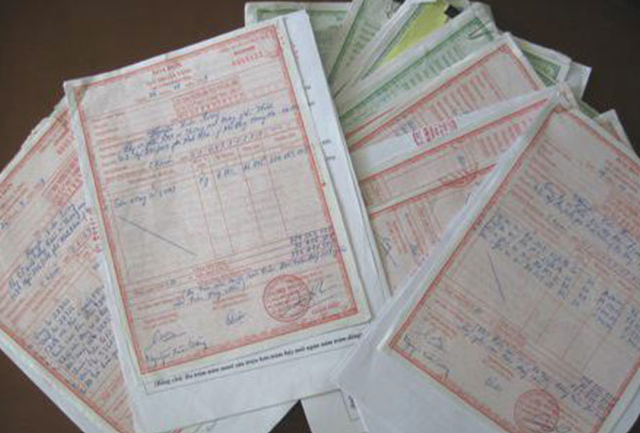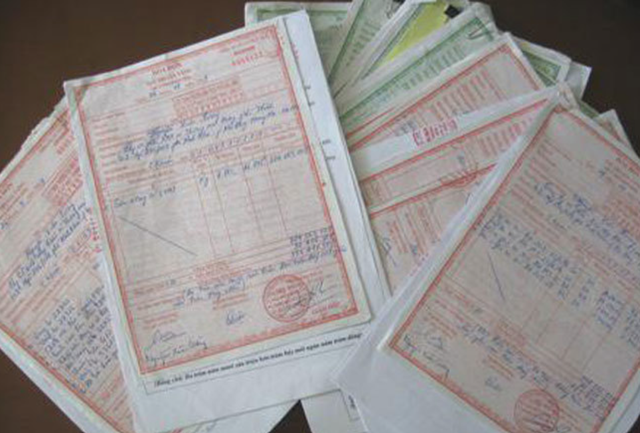
Illustrative image
The General Department of Taxation has recently issued Official Letter No. 3385/TCT-TTKT, requesting the tax departments of provinces, centrally-run cities, and the Large Enterprise Tax Department to inspect and handle illegal invoices.
Additionally, the tax authority has published a list of 113 enterprises engaged in the illegal sale of invoices.
This directive is based on Verdict No. 115/2023/HS-ST dated December 29, 2023, issued by the People’s Court of Phu Tho Province, regarding the first-instance trial of an illegal invoice trading case that took place in Phu Tho and several other provinces and cities nationwide.
The Court determined that, from December 2020 to October 2022, Nguyen Minh Tu directly or through intermediaries used 637 companies that he had purchased to illegally sell 1,025,712 value-added invoices to 88,053 units and organizations. He also established six financial companies to legalize bank transactions.
To address tax violations involving the illegal purchase and sale of invoices, the General Department of Taxation has instructed tax departments to analyze electronic invoice data and collect paper invoices from the aforementioned 113 companies to apply tax management measures as per regulations.
If any taxpayer under the management of the tax authority is found to have used invoices from these 113 companies for tax declaration purposes, the tax authority shall consider and handle tax and invoice-related matters in accordance with the law.
The General Department of Taxation also requested the tax departments to conduct inspections and submit a consolidated report on the results of tax and invoice handling for taxpayers who had used invoices from the 637 companies (including 524 companies listed in Official Letter No. 1798/TCT-TTKT and the additional 113 companies mentioned in this letter) to the Inspection and Examination Department (under the General Department of Taxation) before December 31, 2024.
According to statistics from the General Department of Taxation, as of July 19, 2024, the number of electronic invoices received and processed by tax authorities is estimated at 8.54 billion, including 2.35 billion coded invoices and over 6.19 billion non-coded invoices.
A representative of the General Department of Taxation stated that this vast dataset requires the tax authorities to scrutinize and analyze the information, identify risks, and prevent electronic invoice fraud to combat tax losses.
With the ever-increasing volume of electronic invoices and limited resources, the tax authority cannot monitor the issuance and usage of electronic invoices by all taxpayers. Therefore, they employ risk analysis based on evaluation criteria to identify high-risk taxpayers who exhibit signs of potential fraud in their invoice usage, subjecting them to inspection and audit.
















